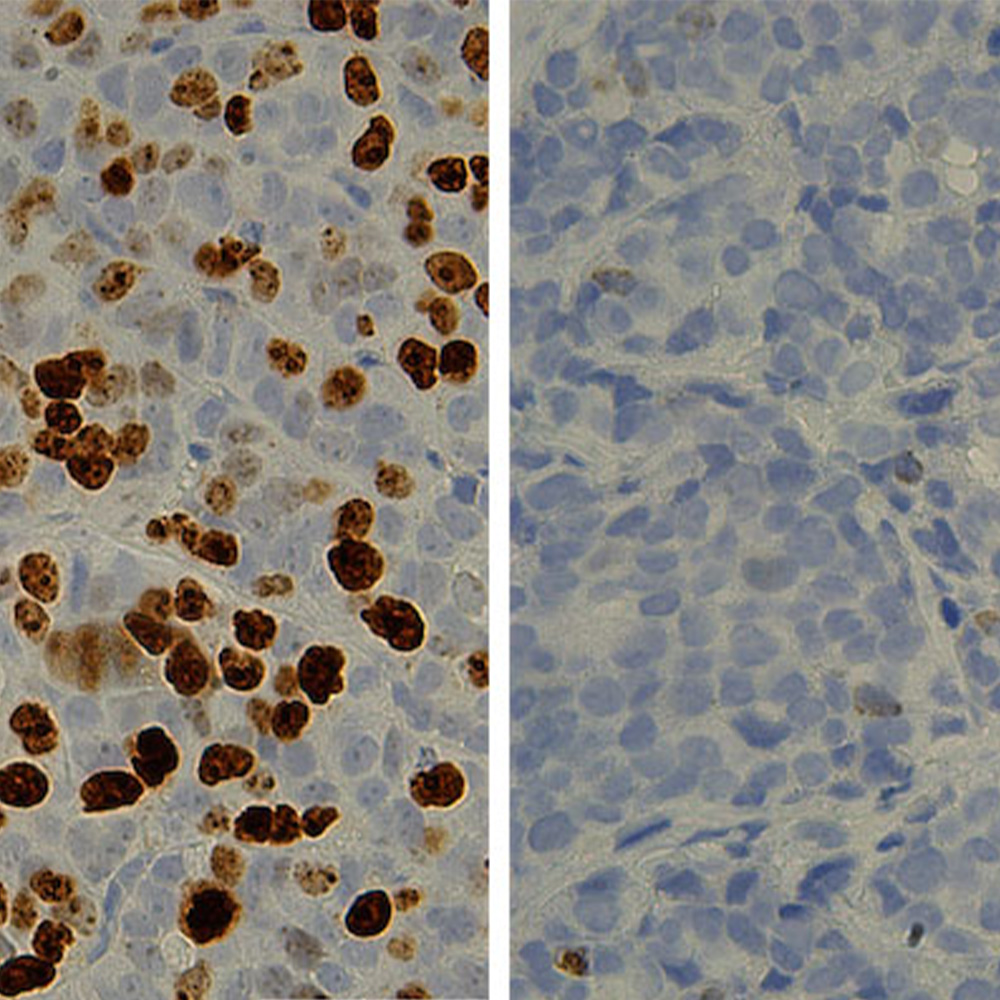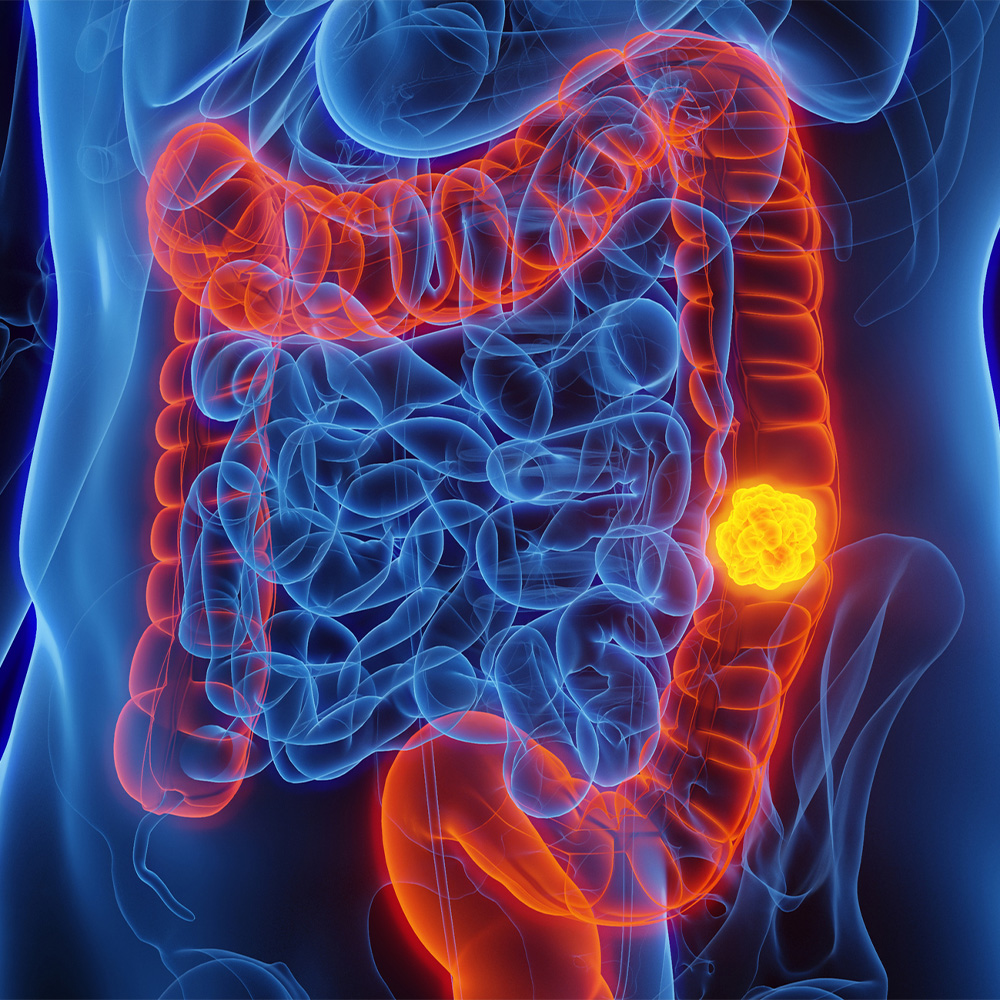Daily aspirin risk may outweigh benefit
For most individuals who have not had a heart attack or stroke, the risks of a daily low-dose aspirin regimen may outweigh the benefits, say UT Southwestern Medical Center physicians.
Aspirin makes the blood slower to clot, and for individuals who have already had a heart attack or stroke, daily low-dose aspirin can significantly reduce the likelihood of another event.
But millions of Americans take a daily 81 mg aspirin hoping to prevent a first heart attack or stroke. Cardiologists call this primary prevention. A number of recent studies of aspirin use for primary prevention showed only minimal reductions in heart attacks, says Dr. James de Lemos, cardiologist at UT Southwestern. At the same time, individuals who take daily aspirin have an increased likelihood of major bleeding from the gastrointestinal tract or even intracranial bleeding. As a result, health organizations are now revising recommendations on aspirin use for primary prevention.
Dr. de Lemos says patients who are currently taking daily aspirin for primary prevention of heart attacks and stroke should have a conversation with their physician about whether to continue. He suggests people can prepare for the conversation by getting an estimate of their heart attack and stroke risk at http://tools.cardiosource.org/ASCVD-Risk-Estimator/.
“If the risk is above 7.5 percent, and the person is not at high risk for bleeding, then low-dose aspirin may be reasonable for primary prevention,” Dr. de Lemos says. “If the estimated risk is much lower than this, then the risks of aspirin would likely outweigh the benefits.”
Media Contact: cathy.frisinger@utsouthwestern.edu




